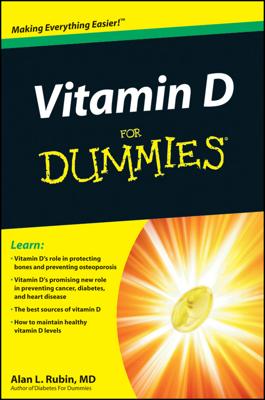Vitamin K is a fat-soluble vitamin. You need a miniscule amount in your diet. About 300 mcg (from the diet and additional supplements) is the optimum daily intake of vitamin K. Supplements are used for newborns to help with clotting and to counteract the effects of blood-thinning drugs, such a Coumadin.
Vitamin K is actually a group of chemicals that your body uses to make specialized proteins found in blood plasma (the clear fluid in blood), such as prothrombin, the protein chiefly responsible for blood clotting. You also need vitamin K to make bone and kidney tissues.
Like vitamin D, vitamin K is essential for healthy bones. Vitamin D increases calcium absorption; vitamin K activates at least three different proteins that take part in forming new bone cells. For example, a report on 888 men and women from the long-running Framingham (Massachusetts) Heart Study shows that those who consumed the least vitamin K each day had the highest incidence of broken bones. The same was true for a 1999 analysis of data from the Nurses’ Health Study.
Vitamin K is found in dark green leafy vegetables (broccoli, cabbage, kale, lettuce, spinach, and turnip greens), cheese, liver, cereals, and fruits, but most of what you need comes from resident colonies of friendly bacteria in your intestines, an assembly line of busy bugs churning out the vitamin day and night.

